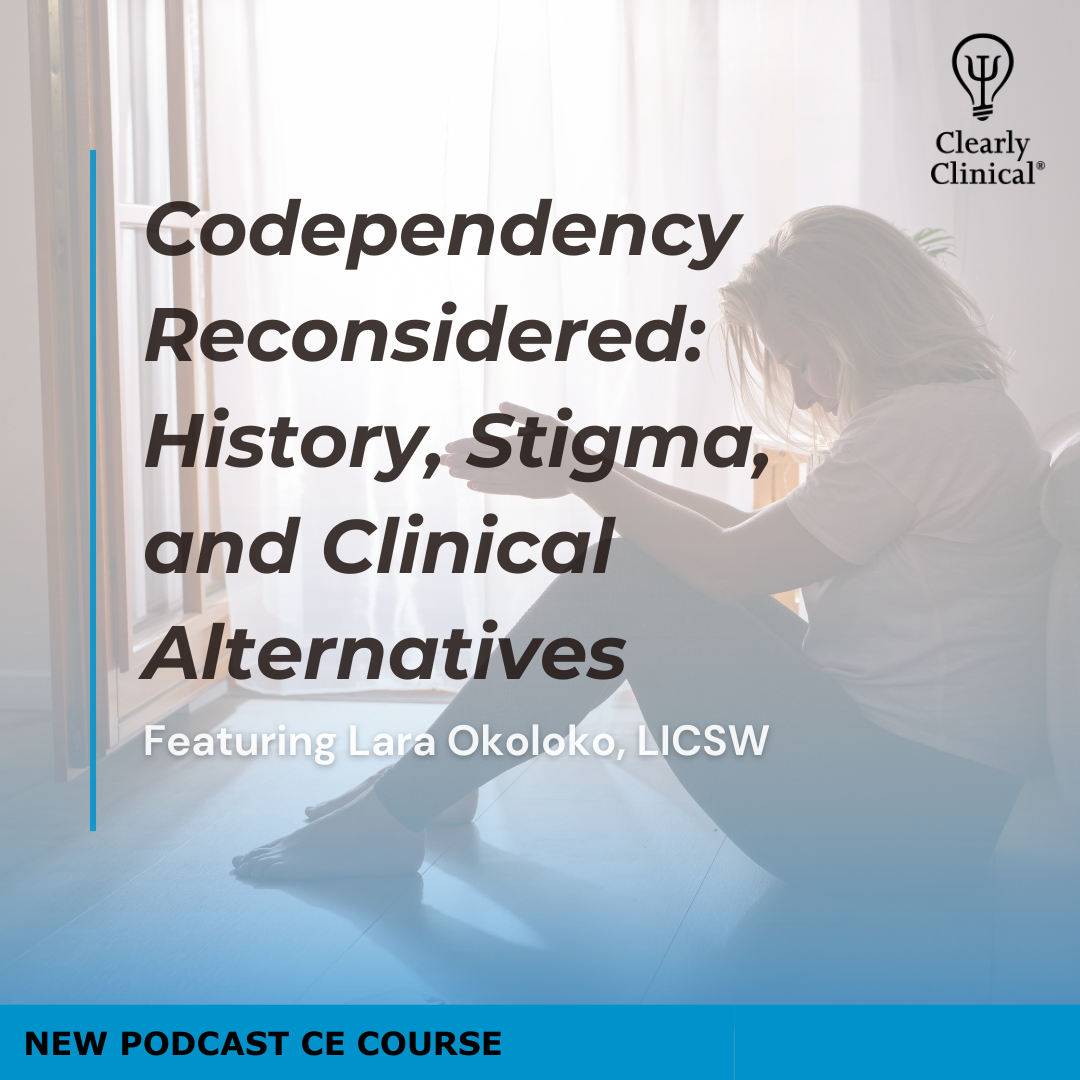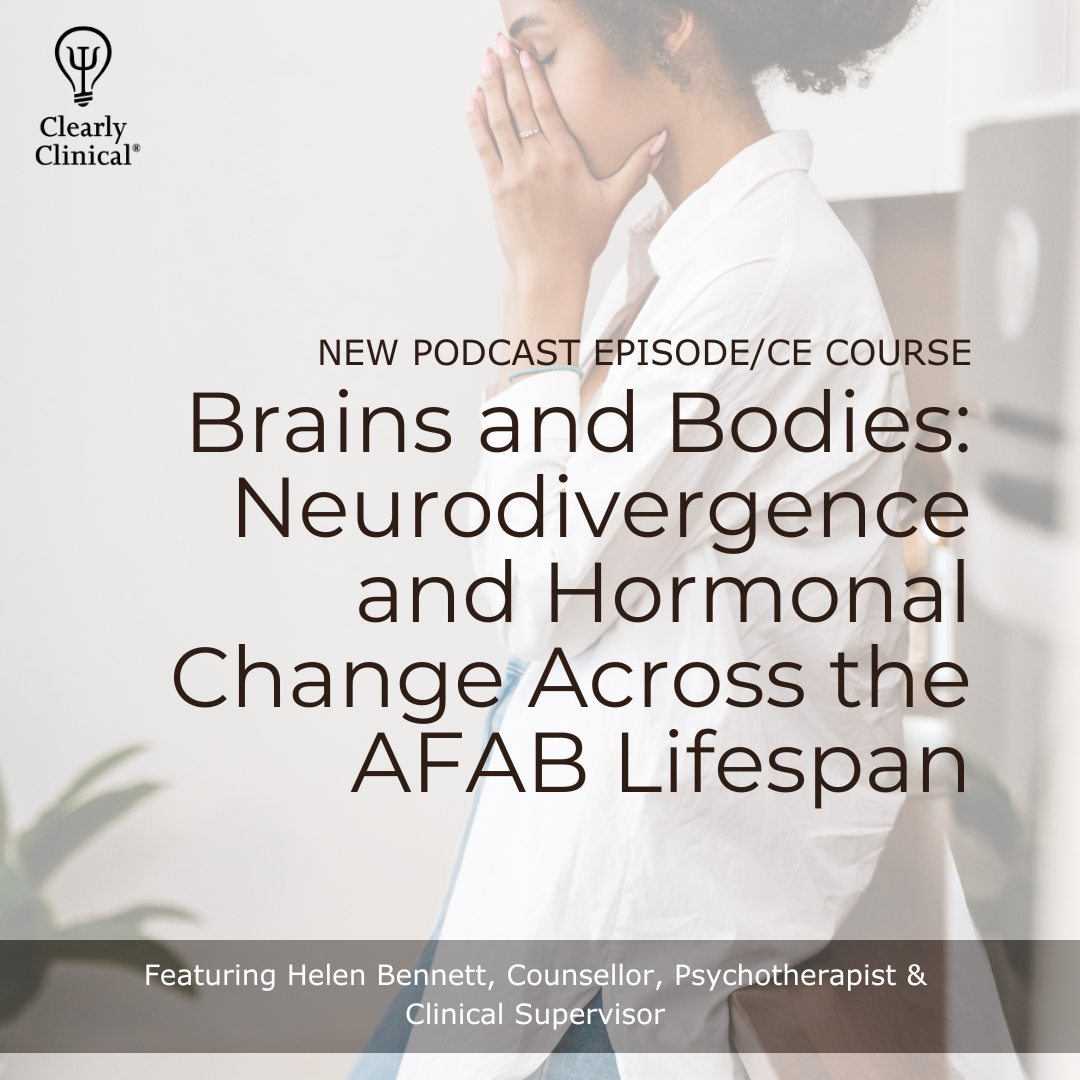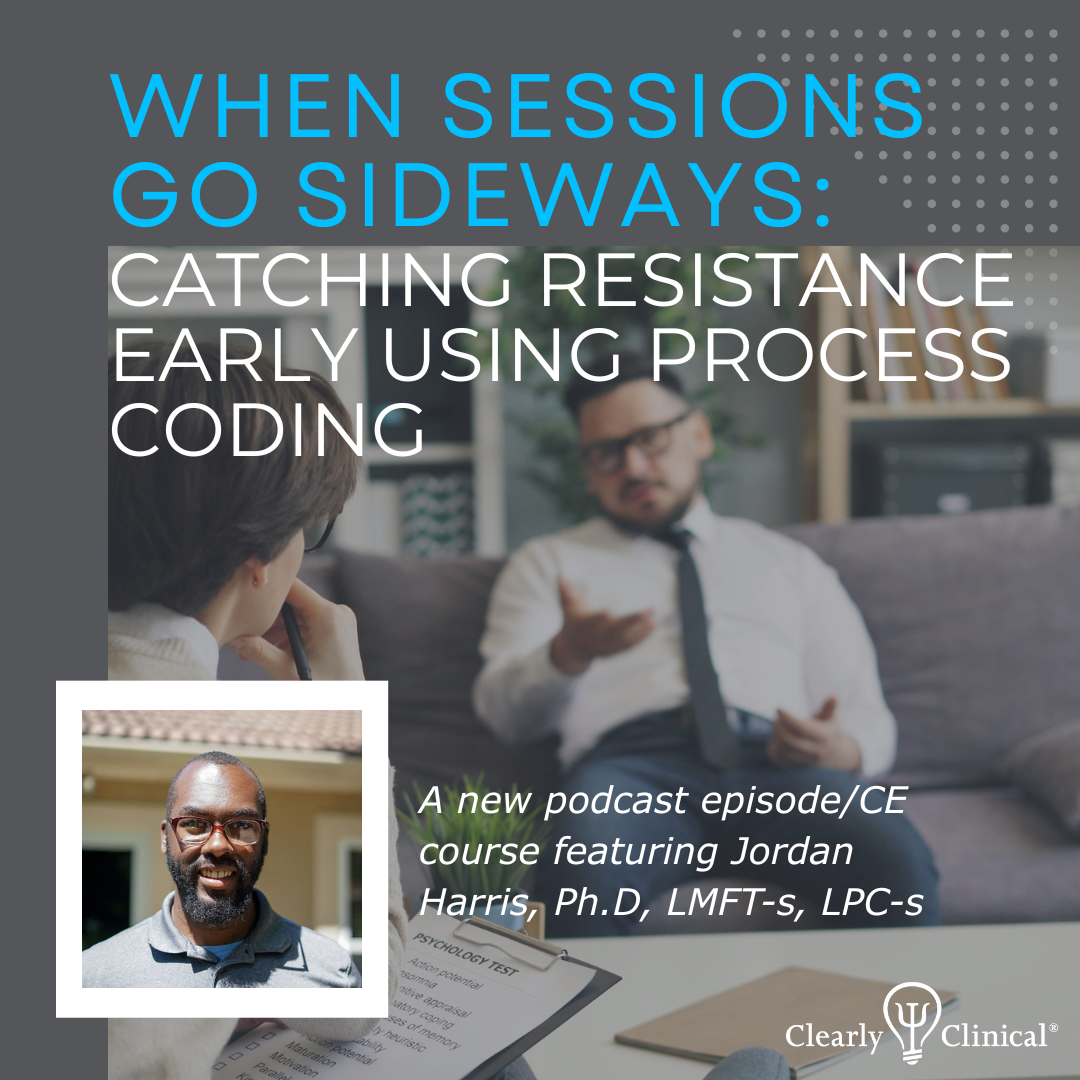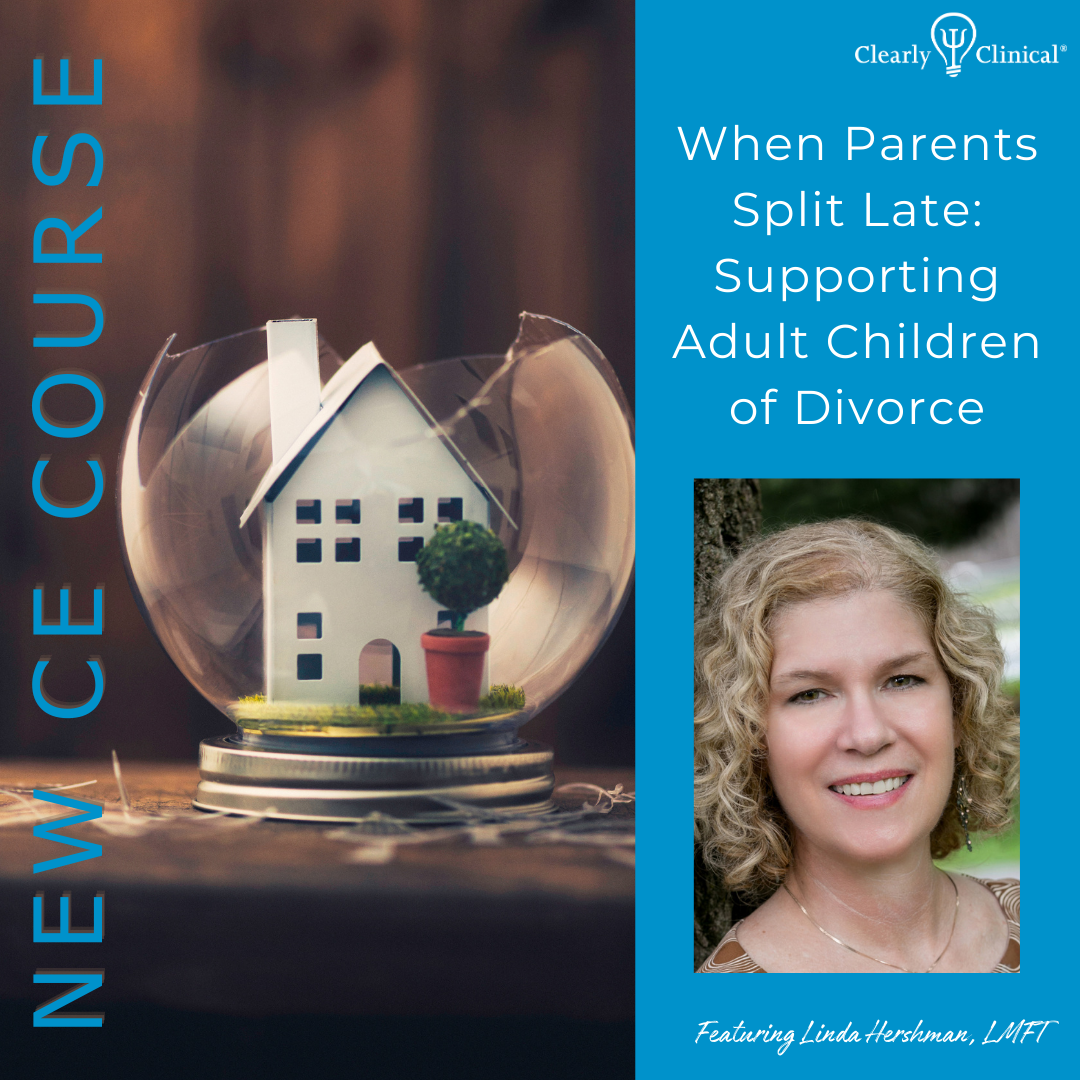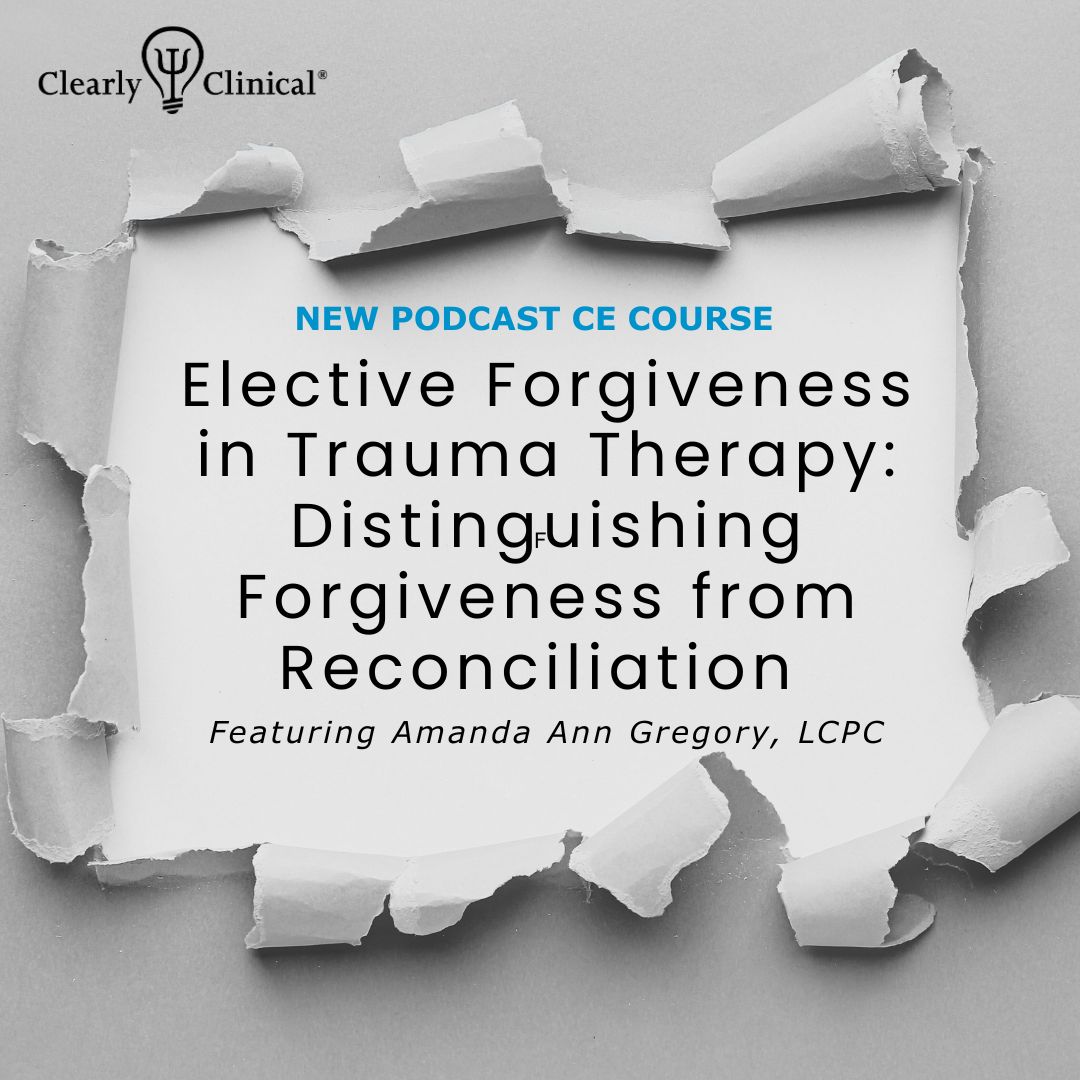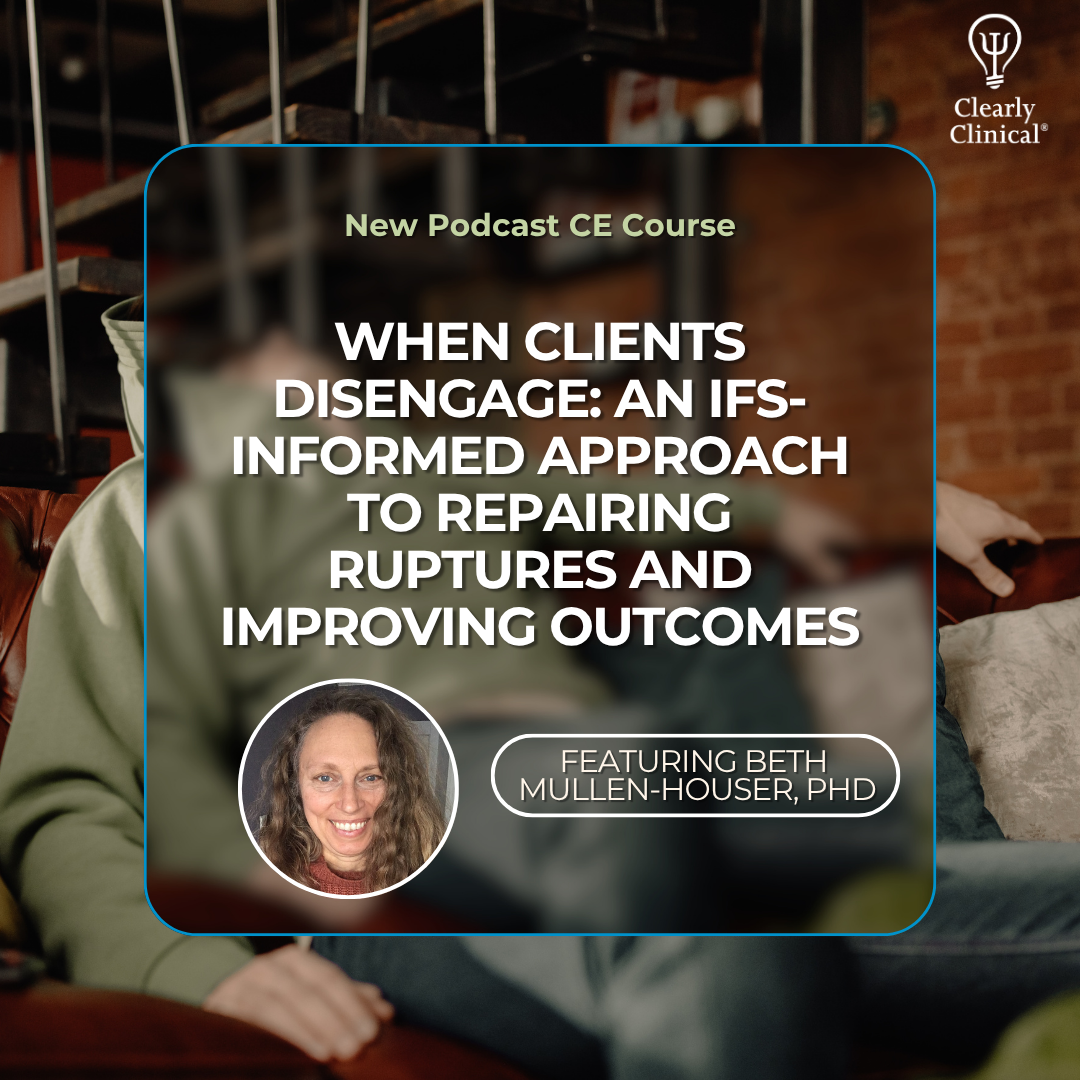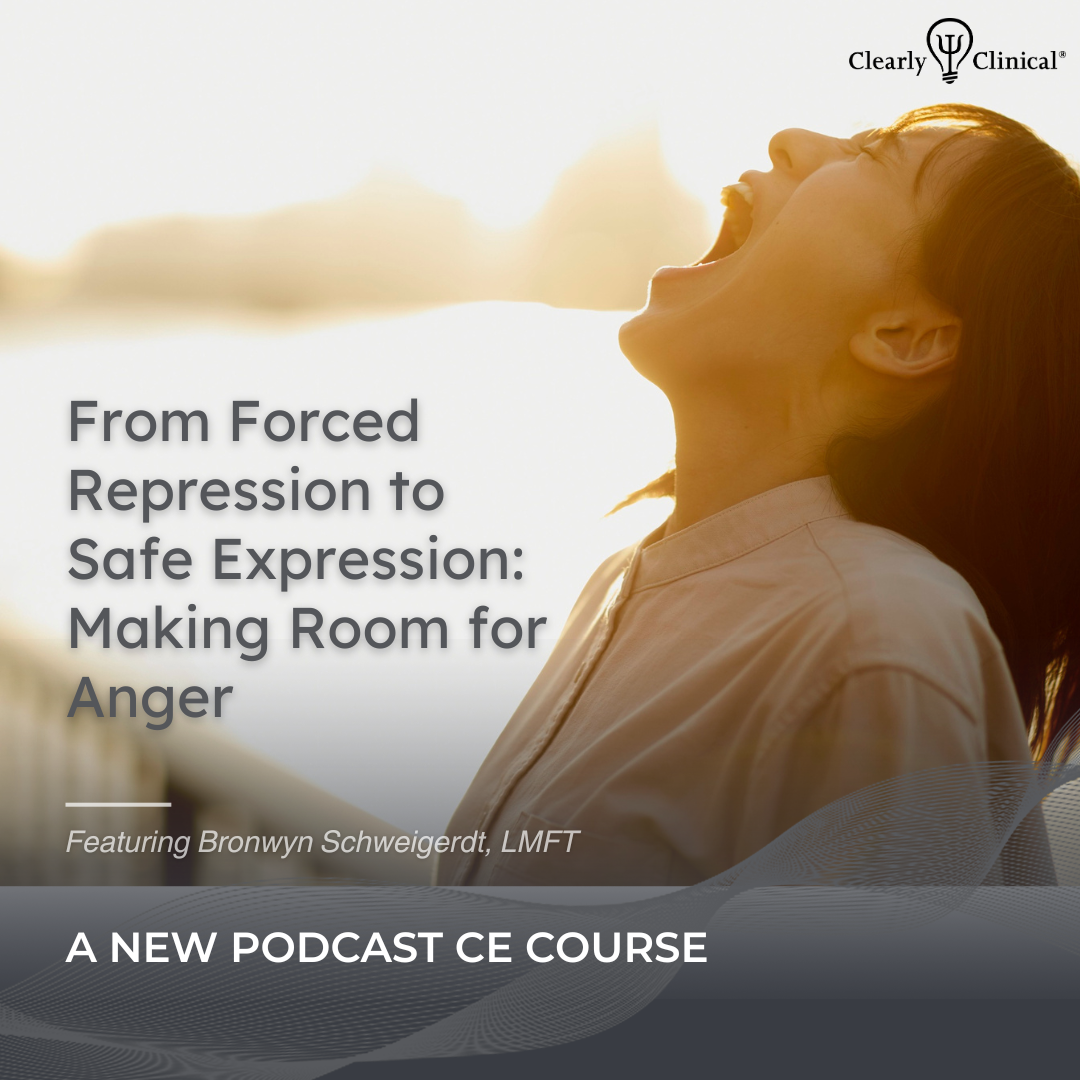Codependency Reconsidered: Moving Beyond Labels to Family-Centered Care
/The word codependency has become a cultural buzzword—tossed around on social media, in self-help books, and even in some clinical spaces. But as clinician-educator Lara Okoloko, LICSW, points out in our new on-demand CE podcast course, the concept of codependency didn’t begin as a clinical diagnosis. Instead, it grew out of 1970s addiction-treatment culture, Al-Anon narratives, and later flourished in the world of self-help publishing.
While 12-step traditions remain a tried-and-true source of support for many, Okoloko explains that these narratives often oversimplify caregiving and risk pathologizing ordinary human attachment. Without a standardized definition in the DSM, “codependency” blurs the line between typical and atypical behavior—leaving many clients carrying a label that adds shame instead of clarity.
In this course, Okoloko explores the double binds families often face—being told they are “powerless” while simultaneously blamed for “enabling.” She highlights how stigma, cultural expectations, and gender norms have reinforced these patterns, often leaving caregivers feeling judged rather than supported.
Most importantly, Okoloko offers clinicians practical, evidence-based alternatives. Drawing from CRAFT (Community Reinforcement and Family Training), motivational interviewing, systemic approaches, and harm reduction, she demonstrates how therapists can help families shift from shame to skills, support autonomy, and reduce harm without resorting to blame.
“If our clients leave therapy feeling more at choice in their lives than they were before, then we’ve done good work,” Okoloko notes.
This on-demand CE course equips mental health professionals to:
Trace the history and cultural roots of the term codependency.
Recognize how vague definitions pathologize caregiving.
Identify common double binds and stigma families face.
Apply evidence-based, family-focused strategies that actually work.
Bring greater cultural depth and humility into conversations about caregiving and attachment.
Whether you’ve used the term “codependency” in your own practice or are working with clients who self-identify with the label, this course will help you reframe the conversation—moving from oversimplified slogans toward compassionate, pragmatic strategies that honor both families and cultural context.
Listen to this new on-demand podcast CE course: Codependency Reconsidered: History, Stigma, and Clinical Alternatives
Earn CE credit for listening to this episode; join our 1-year membership for $130 for unlimited podcast CE credit for a year.


